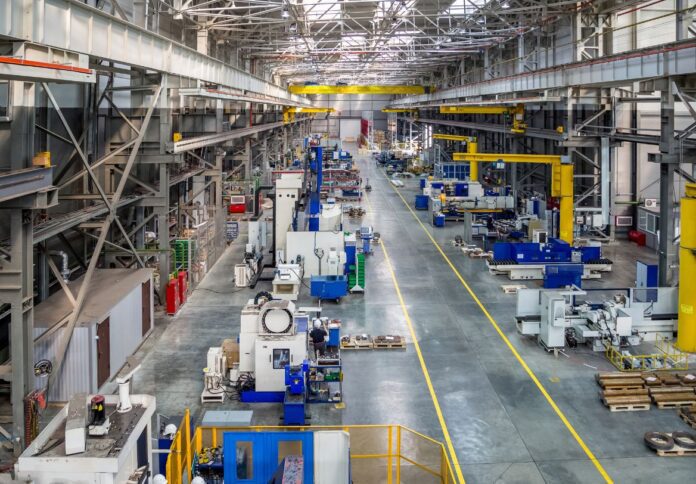
Market activity in China’s manufacturing sector saw improvement in the last month of 2023, according to the latest Caixin China General Manufacturing Purchasing Manager’s Index (PMI) report.
The headline seasonally adjusted PMI ended 2023 with a rating of 50.8, up from November’s 50.7 result. This signals the fourth improvement in the sector’s health in the past five months, albeit a modest one.
The increase was driven by a stronger rise in new orders in December. It also marks the quickest improvement in overall sales since February.
Firms have reported stronger increases in output and new orders in December amid reports of firmer market demand. Furthermore, new export business fell at the slowest pace in a six-month report.
Cost pressures continued to ease up in December, with average input costs rising at the weakest pace since August 2023. Meanwhile, competitive market pressures meant that prices charged by manufacturers rose only fractionally.
Manufacturing businesses continued to be cautious in terms of staffing in December despite the quicker increases in production and sales.
Employment across the sector fell for the fourth straight month and at the quickest pace since May. Firms also reported that they had not opted to replace voluntary leavers or trimmed headcounts as demand was more subdued than expected.
“Overall, manufacturing enterprises lacked the drive to increase employment, with some companies downsizing. Despite headcount reductions, companies were able to reduce the backlog of work. Some surveyed companies indicated that with weaker-than-expected market demand, existing capacity was sufficient to handle additional orders,” said Dr Wang Zhe, senior economist at Caixin Insight Group.
Furthermore, the manufacturing PMI report recorded an easing up in capacity pressures in December, with backlogs of work falling for the first time in seven months.
Meanwhile, purchasing activity stagnated after a marginal rise in November.
The average supplier performance declined for the first time in three months in December. Manufacturers also reported an increase in delivery times due to shortages of some raw materials and strained supplier capacity.
Chinese manufacturers generally anticipate a rise in production in 2024 amid forecasts of firmer global demand, higher client spending, and new product investment.
However, optimism declined from November’s result and remains below the series average.
“Market optimism weakened in December. Sentiment among manufacturers declined slightly compared to the previous month, with the reading for expectations for future output falling below the historical average. Factors such as consumer budget constraints, intense market competition and uncertain global economic prospects continued to be the primary concerns for manufacturers,” Zhe said.
“Overall, the economic outlook for the manufacturing sector continued to improve in December, with supply and demand expanding and price levels remaining stable. However, employment remained a significant challenge, and businesses expressed concerns about the future, remaining cautious in areas including hiring, raw material purchasing, and inventory management.”

















